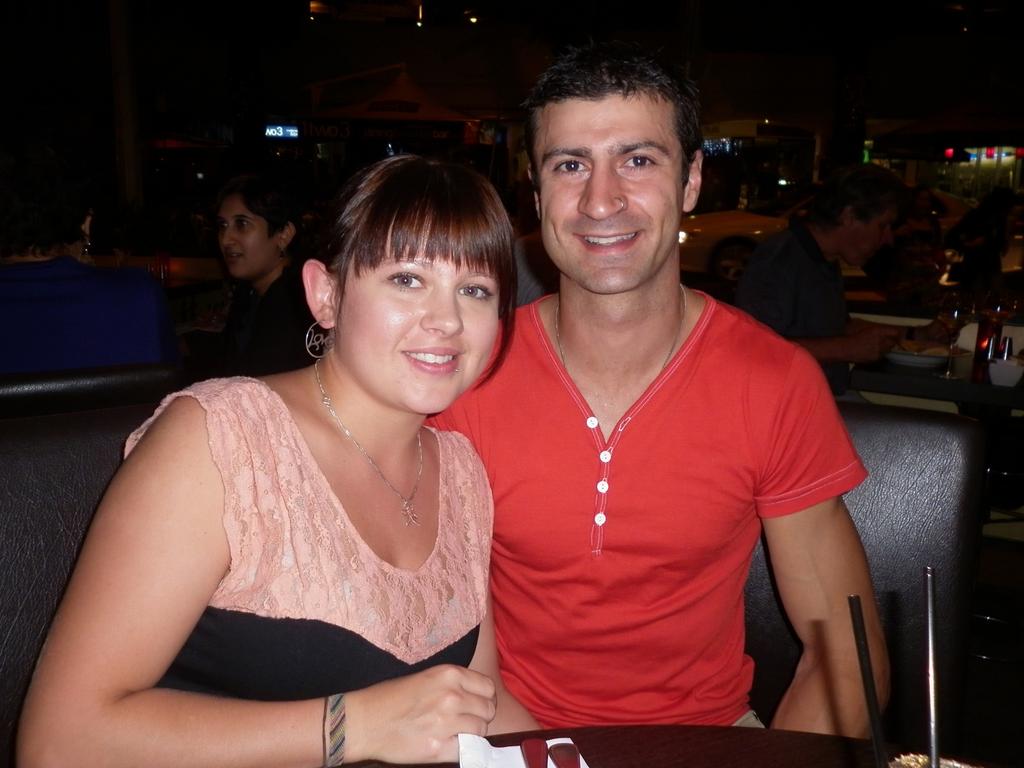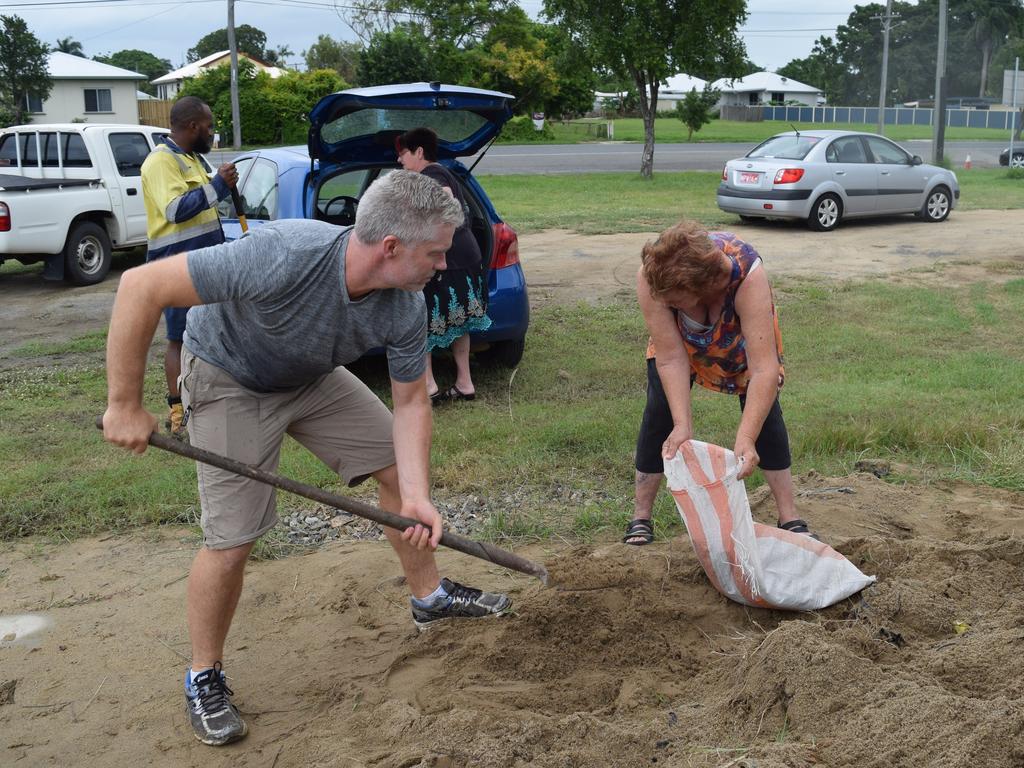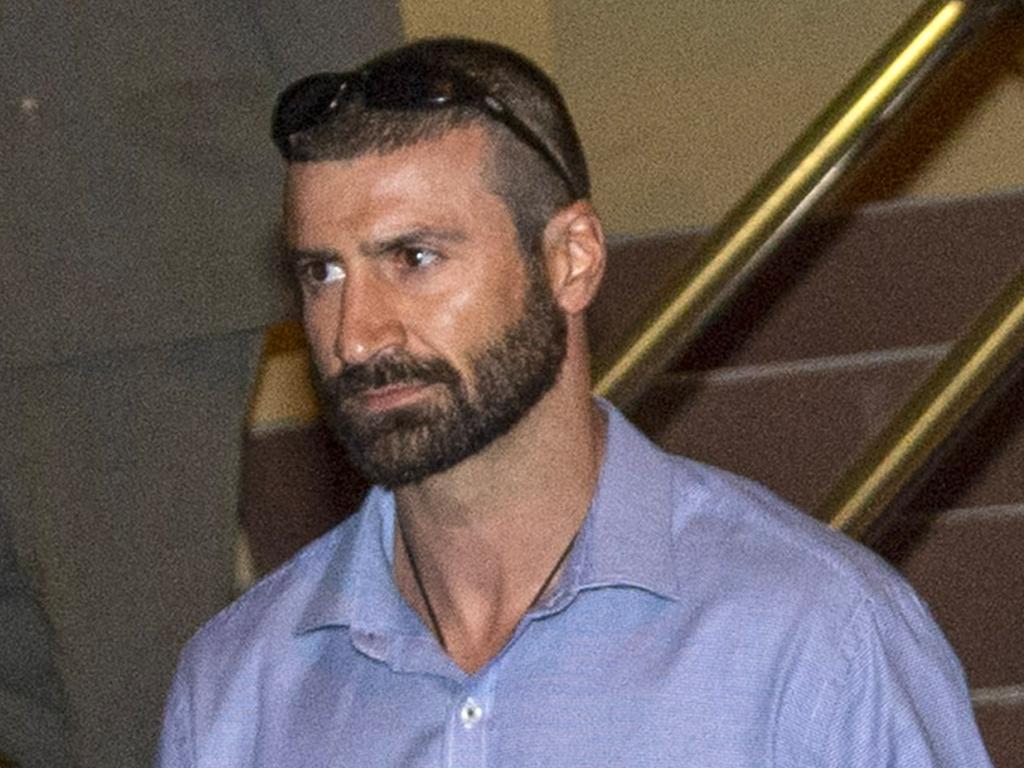Shandee Blackburn murder: why the judge made prosecution’s call
The prosecutor in the Shandee Blackburn murder trial steadfastly refused to call a witness despite being told by the judge of the potential negative impact on the Crown case.
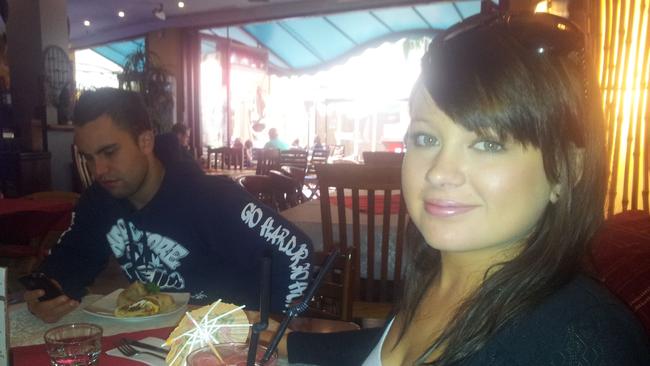
The prosecutor in the Shandee Blackburn murder trial steadfastly refused to call a witness despite being told by the judge of the potential negative impact on the Crown case.
Prosecutor Joshua Phillips was advised the judge himself would take the very rare step of calling the witness, Levii Blackman, possibly damaging the prosecution’s credibility in the eyes of the jury.
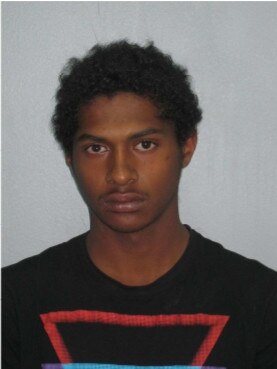
Mr Phillips’ refusal to budge on the issue ultimately led judge Jim Henry to call Mr Blackman to give evidence at the 2017 trial of John Peros for his former girlfriend Shandee’s murder.
“It is necessary that I now take the rare step of calling a witness,” Justice Henry told the jurors.
“It is rare because our adversarial system of justice is premised on the rival parties bearing the responsibility of calling and examining witnesses, not the judge.”
Prosecutors had a particularly heavy extra responsibility to call all relevant witnesses apart from the accused, not just those who supported a verdict of guilt, Justice Henry said.
“It’s not supposed to have the right of cherrypicking only those witnesses that happen to suit its theory,” he said.
“In this way, the prosecution is seen to fairly lay all relevant evidence before you, leaving it to you to decide what evidence you accept or reject and not keeping from you evidence which does not suit its theory. The prosecution, however, has decided not to call one such witness.”
The judge’s intervention is examined in a new episode of investigative podcast series Shandee’s Story, by The Australian’s Hedley Thomas.
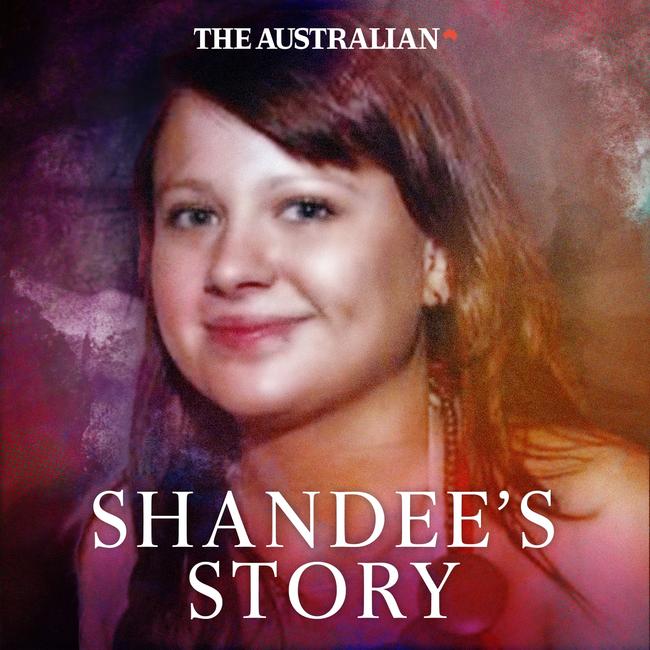
Mr Blackman initially told police that on the night of Shandee’s 2013 stabbing murder in Mackay, Queensland, his friend William Daniel had said: “I did it.”
Mr Daniel’s friend Norman Dorante was there at the time, bopping his head to Snoop Dogg on his headphones, Mr Blackman said. He later retracted the claims, saying it never happened.
Detectives from Operation Lima Zimzala thought it highly unlikely that Mr Daniel would casually confess to a savage murder.
They concluded that while Mr Daniel was a criminal with a history of carrying knives, if he did say the throwaway line it was bravado and meaningless.
As a result the prosecutor, Mr Phillips, was refusing to call Mr Blackman – in his view the self-confessed liar and perjurer had no credibility.
But top criminal defence lawyer Craig Eberhardt wanted to question Mr Blackman.
Trial transcripts reveal Justice Henry signalled to the prosecutor that Mr Blackman would be getting in the witness box one way or the other.
“I will have to explain to the jury that the step I’m taking is a rare one,” Justice Henry said.
“Even if I am quite moderate in the language I use … it would be inevitable that the jury may be left with the impression that a relevant witness was not called by the party whose duty it was to call all the witnesses.”
It wouldn’t “reflect well on the prosecution case in the eyes of the jury potentially”.
Mr Phillips was unmoved and Justice Henry told the jury it was in the interest of justice they heard from the witness to assess his evidence for themselves.
Mr Eberhardt had never seen it happen in his three decades in the law. Due to the unusual circumstances, he got to ask questions first.
“The only person that you are helping by retracting those statements is your best mate, William Daniel, isn’t it? And that’s why you’re trying to do it, isn’t it?” Mr Eberhardt said.
Shandee’s Story is an investigation by The Australian’s Hedley Thomas. Episode 12, Herring and Shark, is available to subscribers.


